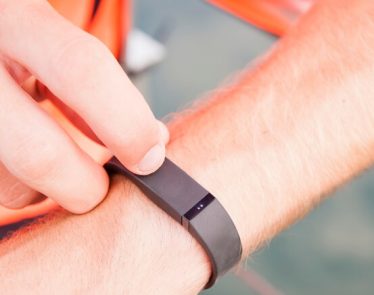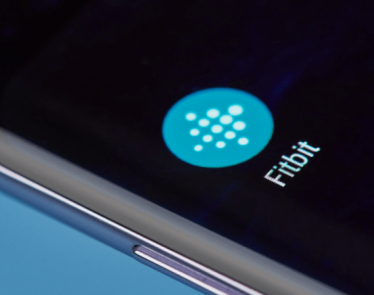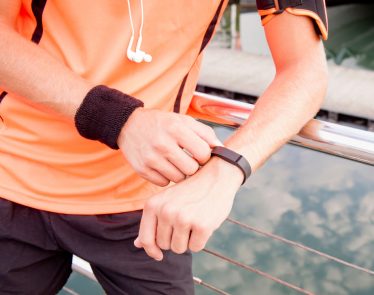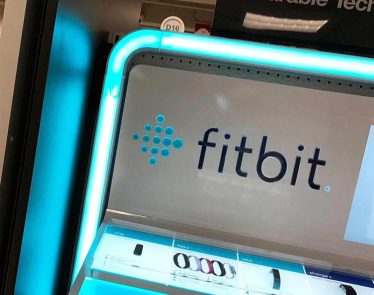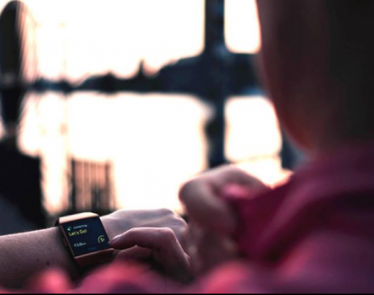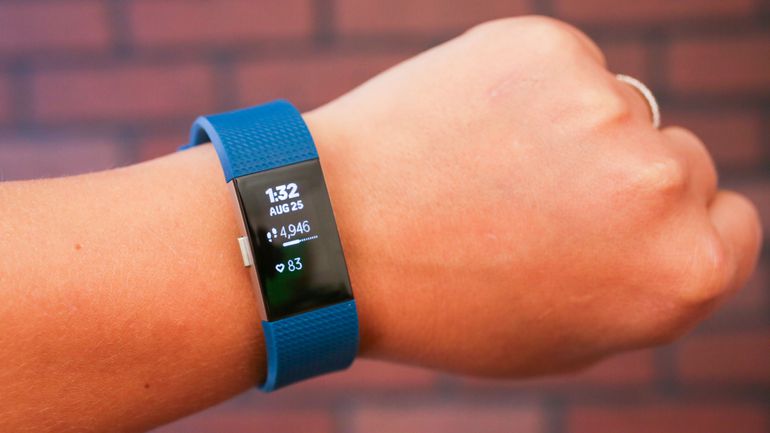
Stocks in wearable biotech firm Fitbit (NYSE:FIT) have fallen over 13% in after-hours trading as of 7:59PM EST after a disappointing December quarter which saw revenue fall short of analyst estimates.
Q4 revenue was reported at $570.8 million – down from Wall Street estimates of $588.9 million – while Q4 earnings suffered a loss of two cents per share. In addition, Fitbit’s new Ionic smartwatch failed to sell as well as the company had hoped during the holiday season.
>> Vuzix Enjoy Huge Share Spike Amid Next-Gen Tech Announcement
This comes amid a troubling time for the company as it seeks to find a successful niche; consumer technology giants Apple and Samsung are slowly dominating the wearable tech market which Fitbit originally sought to corner. Yet Fitbit is to continue aiming its focus toward smartwatches, as opposed to the fitness tracking technology with which it started.
Wearable tech is a tough market for any company though, not just for Fitbit. Even Google was left embarrassed after the failure of its Google Glass product campaign, which aimed to sell augmented-reality glasses to customers. Disinterest and, let’s face it, the sheer ugliness of the product marred the campaign until it went off the radar.
So what can Fitbit do? It is abandoning its original sports tech niche to pursue smartwatch production in a wearable tech market that is both saturated and tough to begin with. Well, the company recently announced plans to acquire cloud-based health management platform Twine Health in a bid to increase its reputation as a more serious healthcare assistant. For example, Twine Health’s technology coupled with Fitbit’s wearables should provide feedback on conditions such as diabetes.
>> Health Tech That Could Save Lives
In general, the new tech should allow healthcare providers and coaches to better offer their services to customers outside the walls of a clinic. Park said of the acquisition: ‘Twine Health has delivered powerful results for patients managing conditions like diabetes and hypertension. When combined with our decade-plus of experience empowering millions of consumers to take control of their health and wellness, we believe we can help build a stronger connection between people and their care teams.’
This is an interesting opportunity to get into exactly the niche that Fitbit needs right now, and importantly it’s one that the likes of Apple and Samsung can’t spoil. Not just yet, anyway. Don’t be too disheartened by Fitbit’s poor Q4 performance. This transition into a more serious healthcare industry might be worth holding on for.
Featured image: Cnet.com




